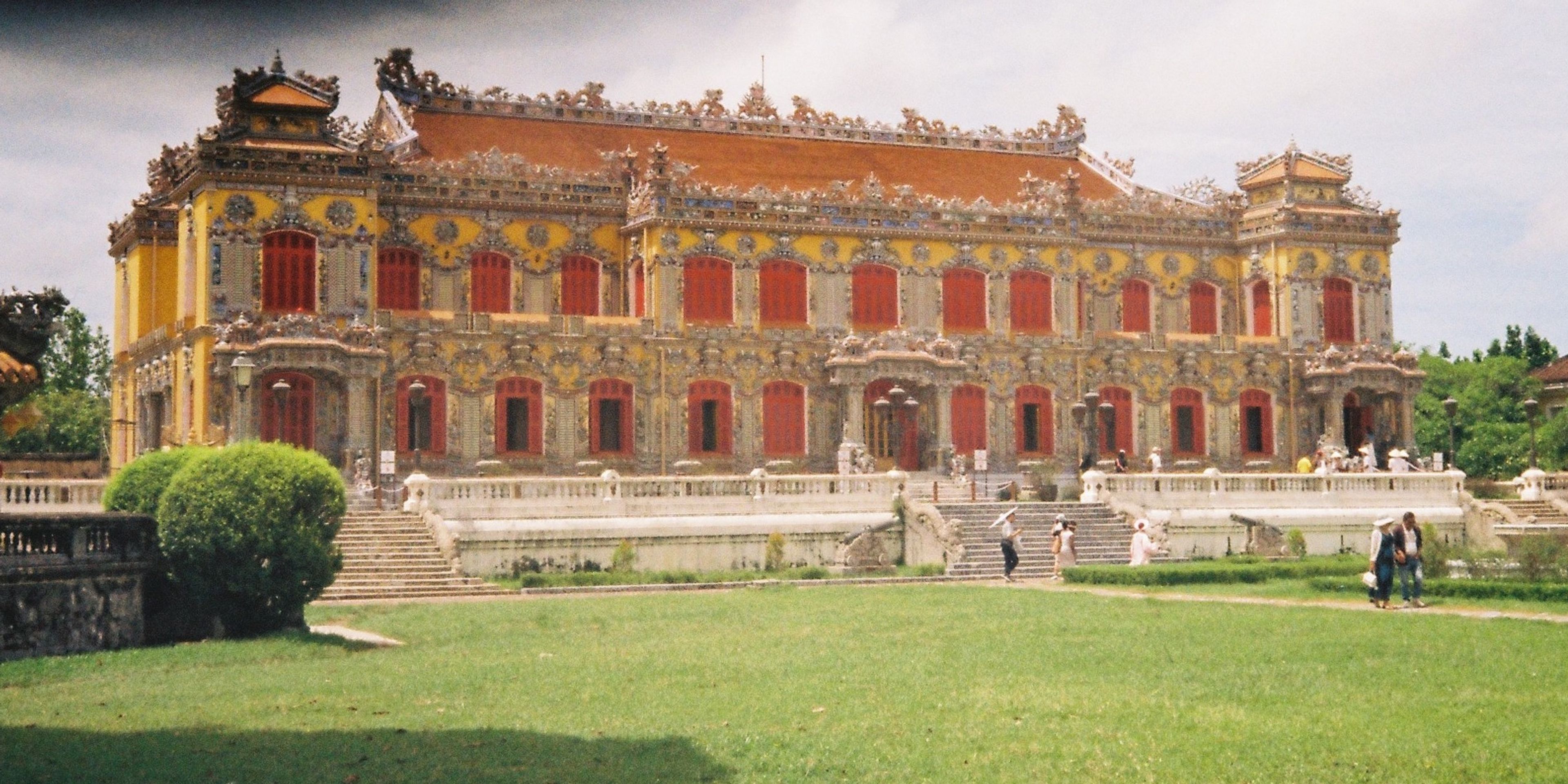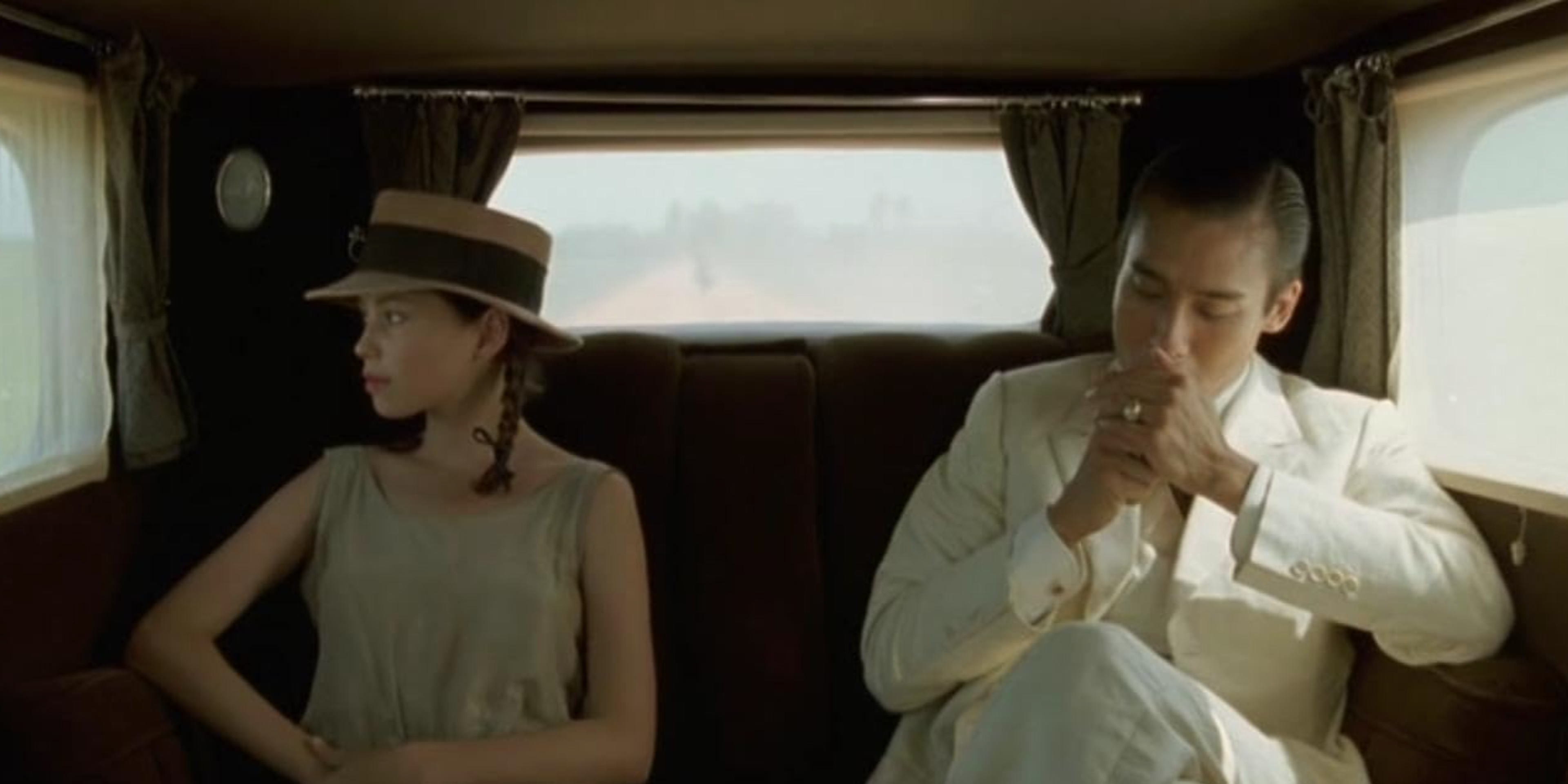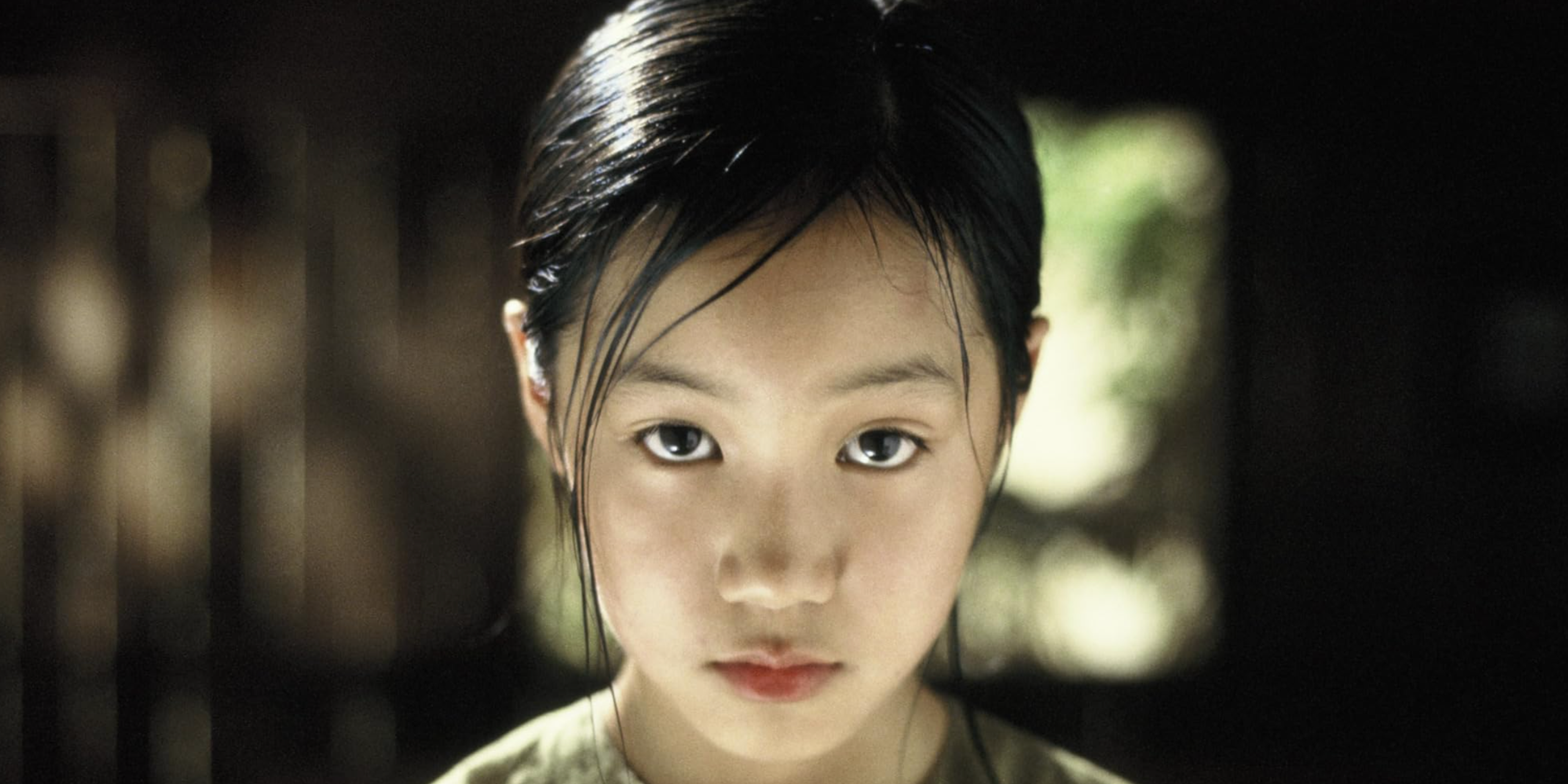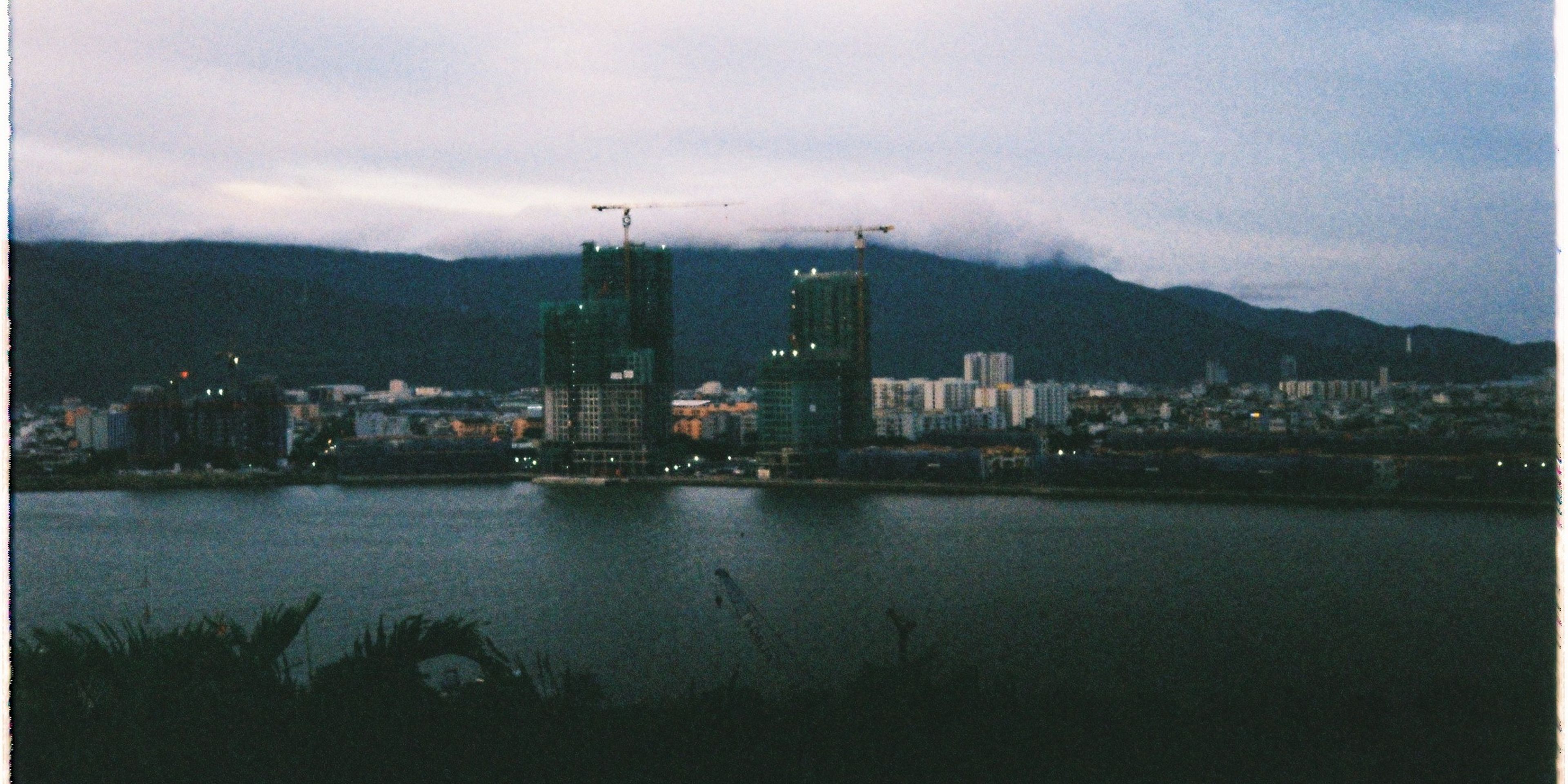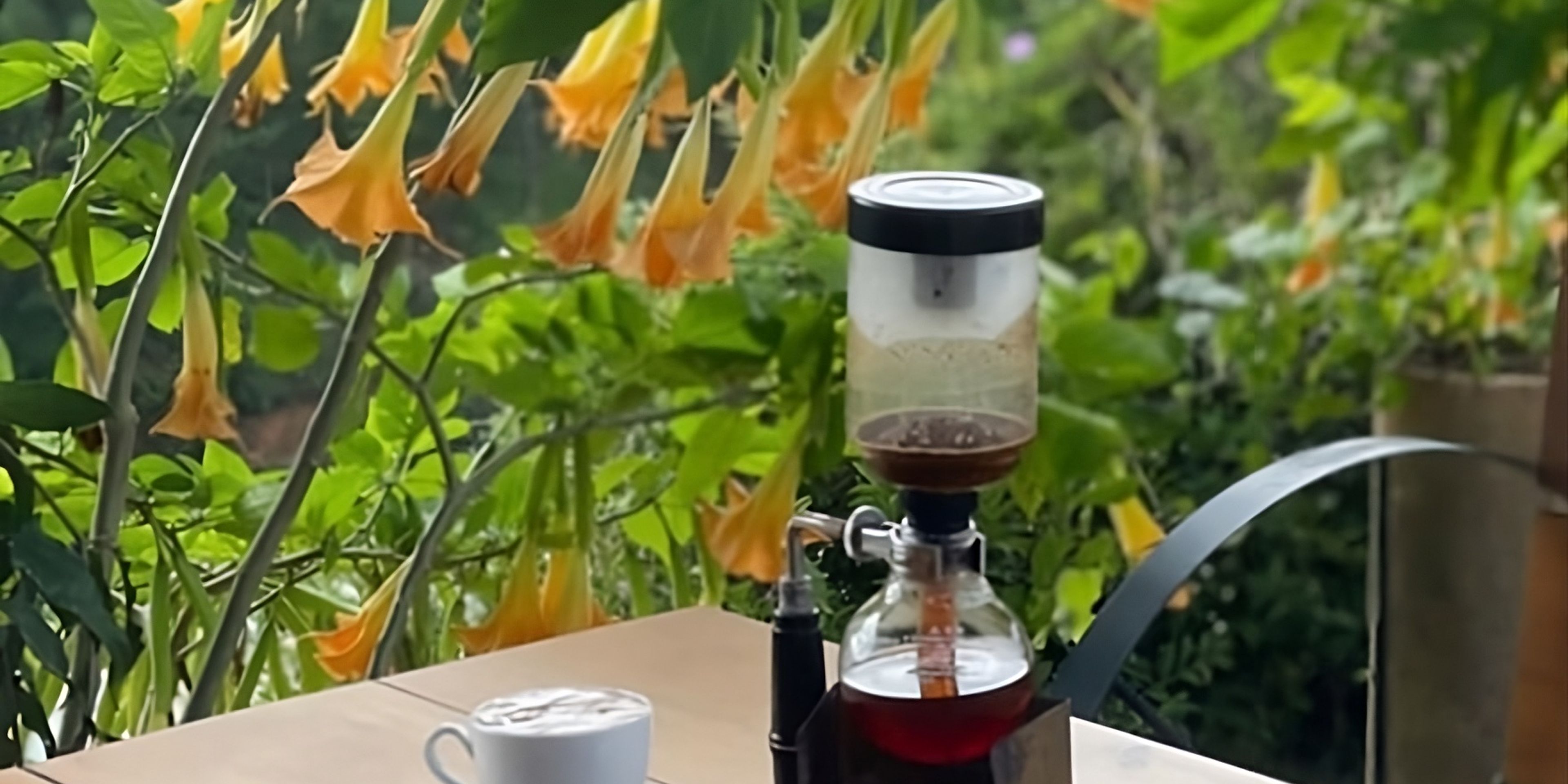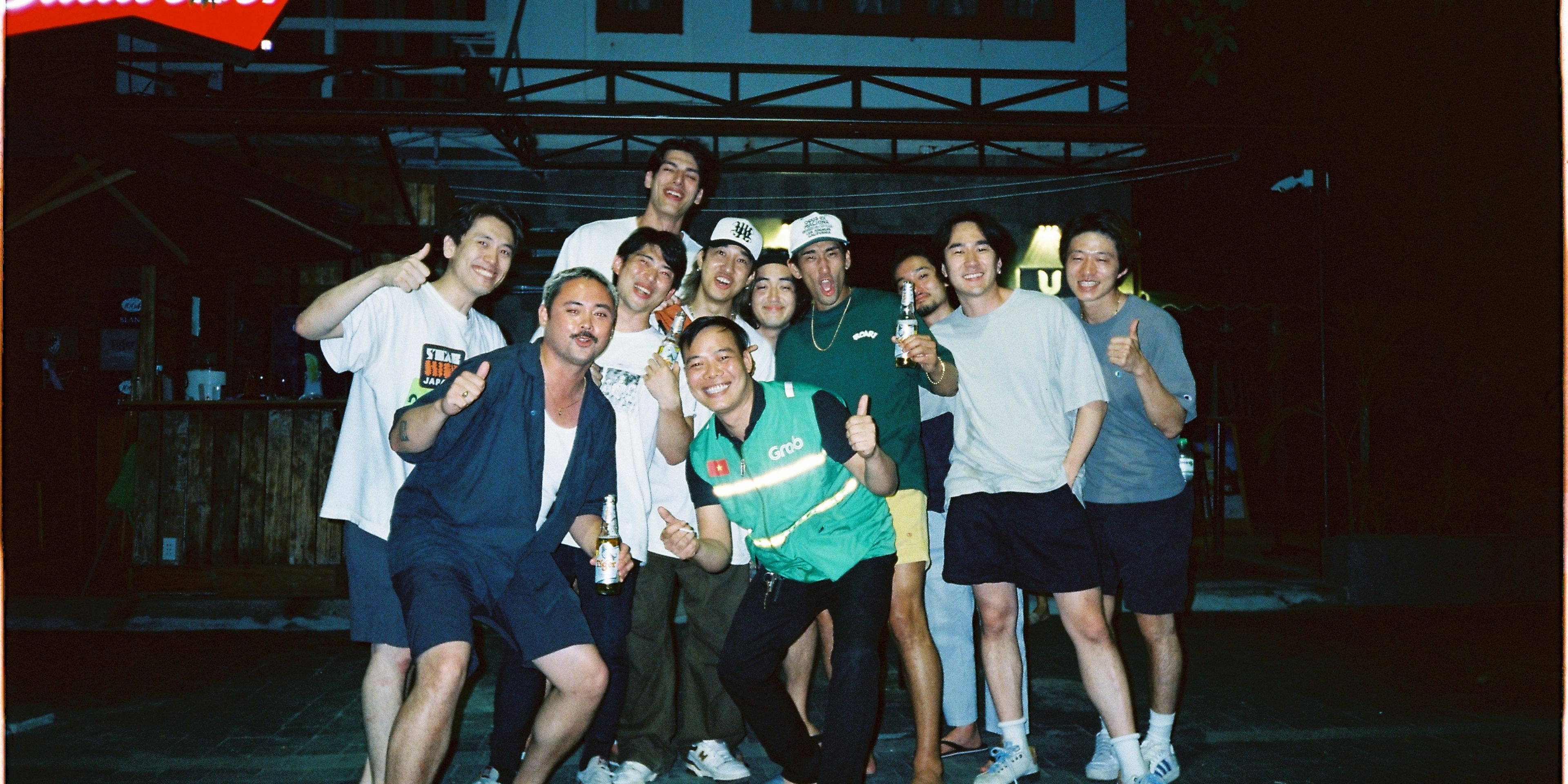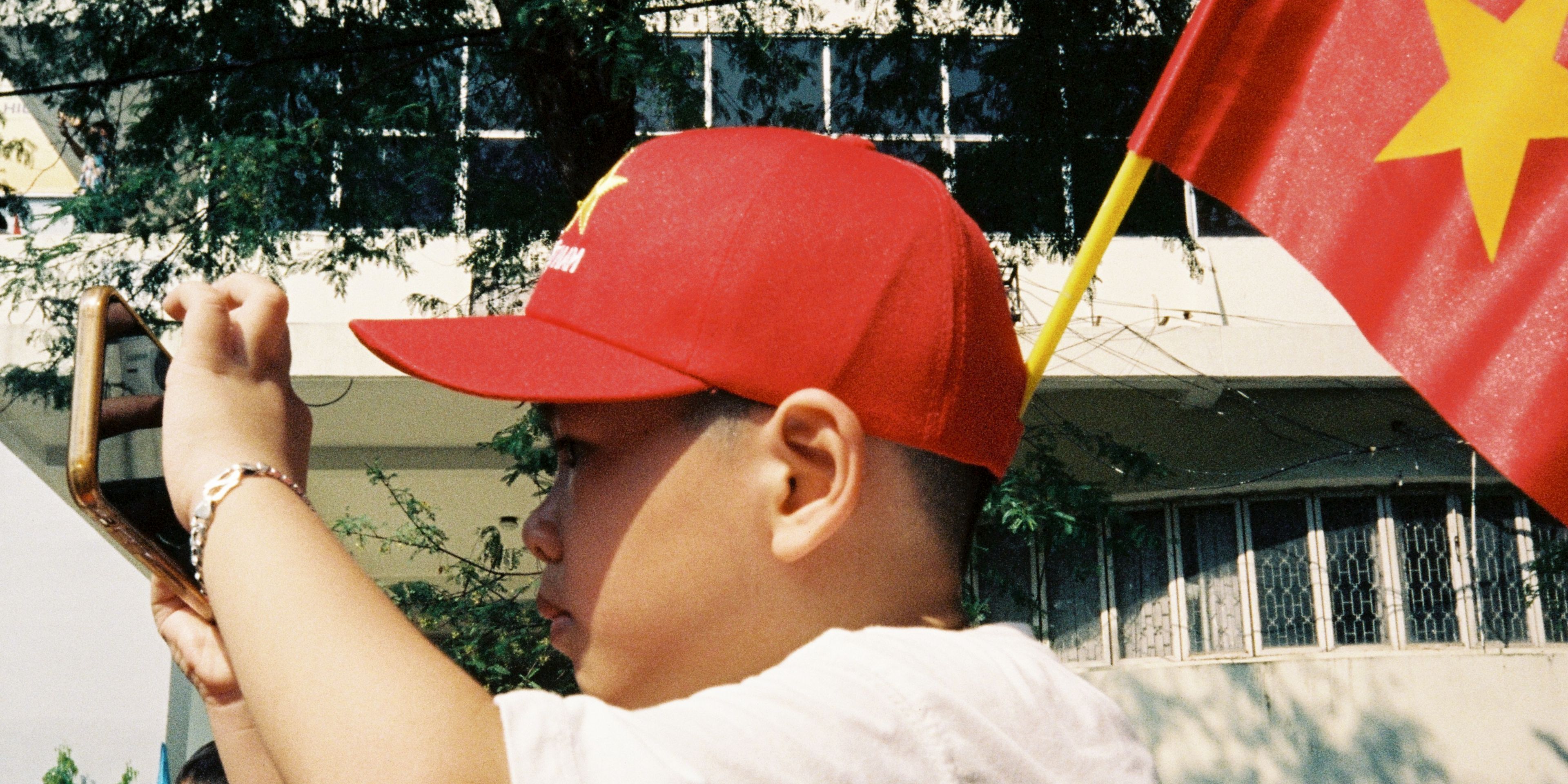The number one thing to do in Huế is visit the Imperial City. Many of its buildings have not stood the test of time for various reasons, but thanks to a multi-year comprehensive restoration process, the former home to the Nguyễn Dynasty royal family remains as one of the most sacred sites in Vietnam. When you go, you’ll find that being inside gives plenty of room for reflection. When I went, I started to reflect on the idea of what it means to live like royalty. In the midst of my wandering, I discovered my answer.
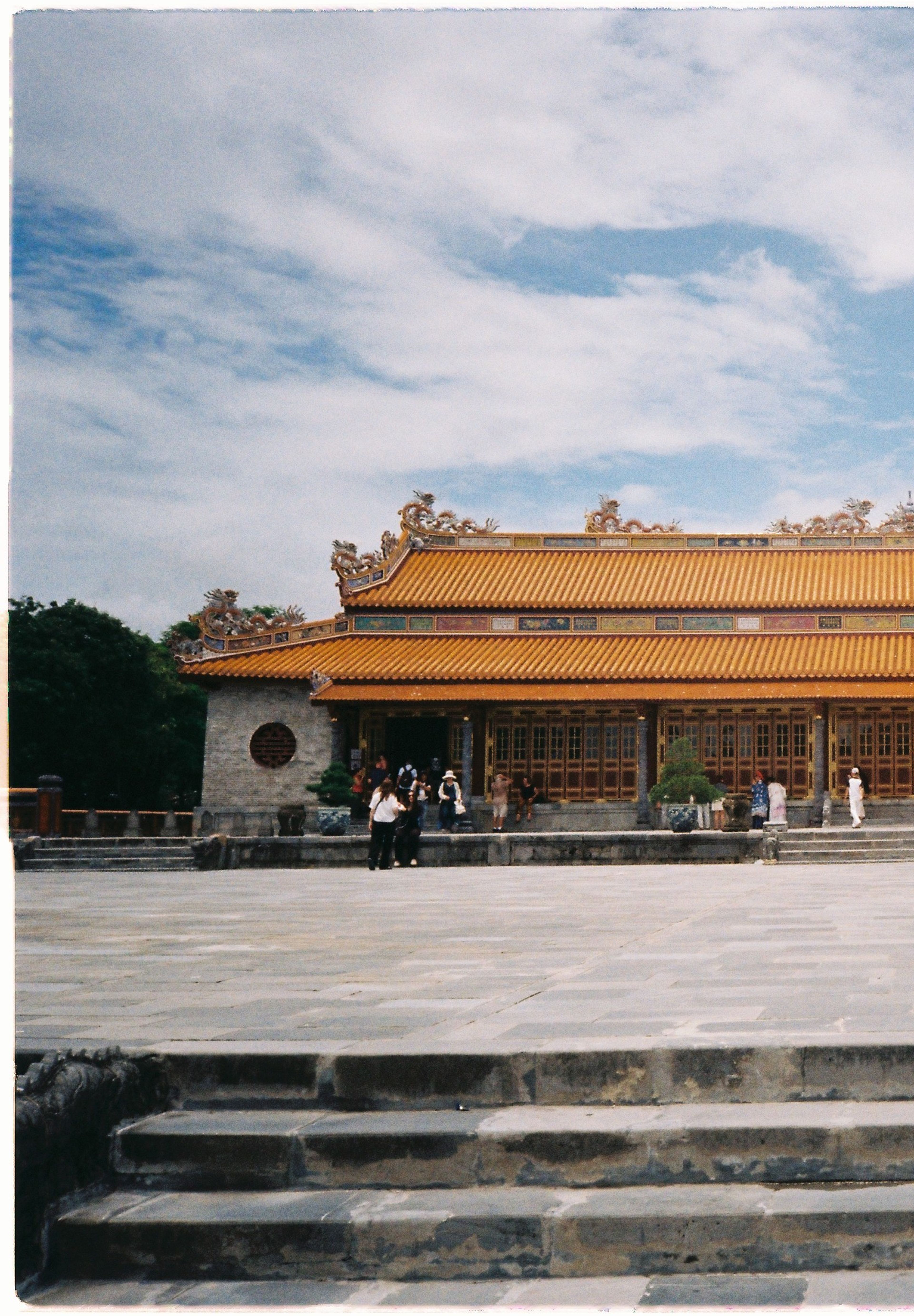
The truest sign of living like royalty is not wealth, power or status — all of the things a royal family is endowed with. As the hours passed , the more I began to notice what true royalty really is. It’s in Thái Hòa Palace. It’s in Kiến Trung Palace. It’s in Duyệt Thị Đường Royal Theatre. It’s in every garden. It’s in every courtyard. It’s next to every pond, under every tree, along every corridor. You can hear it only when you stop moving, stop rushing, stop talking. There it is. Silence. Silence is the truest sign of living like royalty.
How rare is it to experience silence in daily life? Pause for a moment. Ask yourself. When was the last time I experienced silence in my day to day routine? The deafening silence that responds to a question like that is unsettling. What’s even more unsettling is reflecting on how normal the absence of silence is in our daily lives. Yet this is one of the beautiful things about travel. You begin to question the lack of silence in your day to day life. You're taken out of routine which lets you pause, notice something new, notice the silence that had been absent for so long. That silence, in a place as beautiful as Huế's Imperial City, is even more deep, even more calming, even more royal.
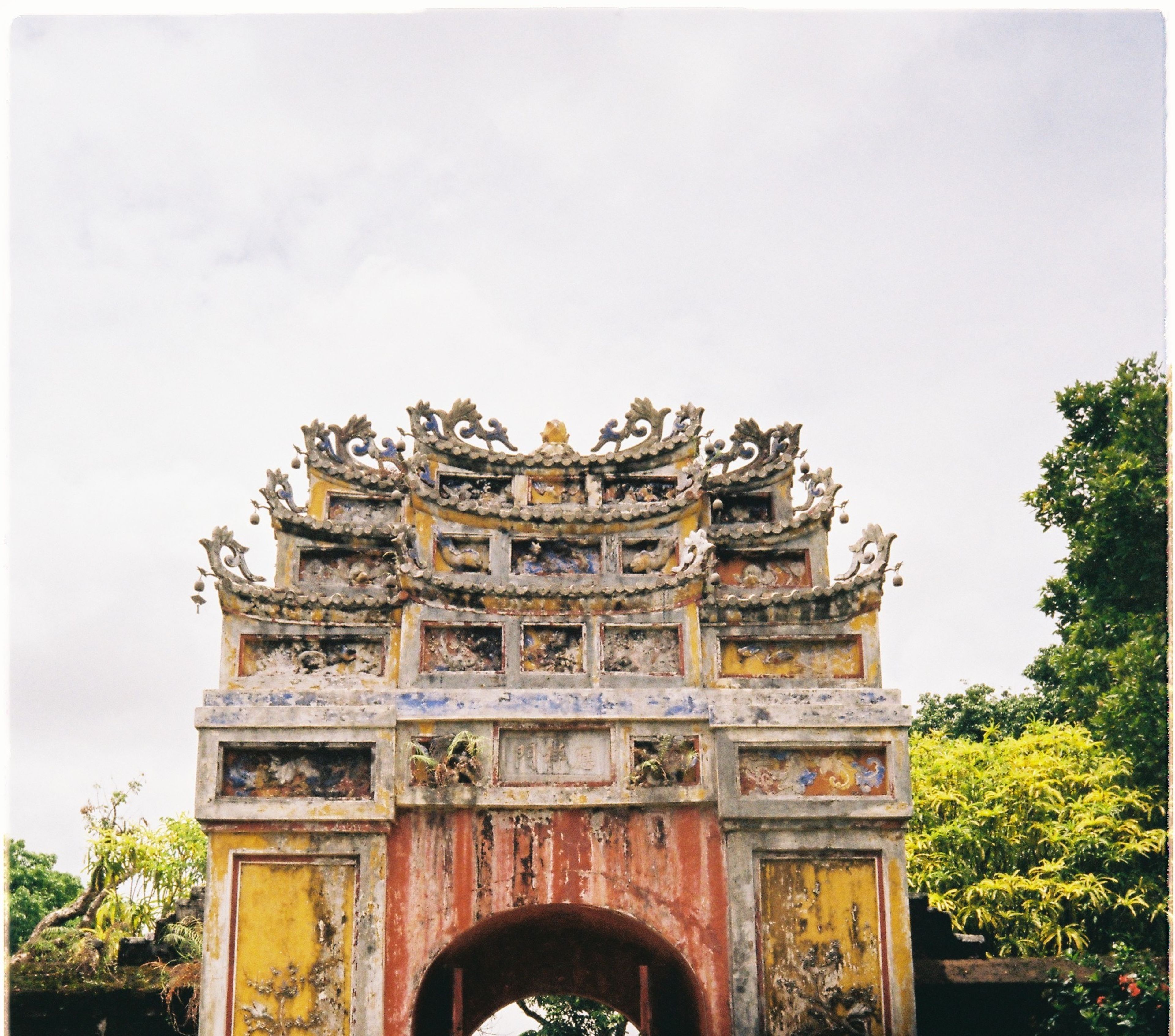
The Imperial City is a city-within-a-city-within-a-city. First, there’s the outer citadel (Kinh Thành). Next is the imperial city itself (Hoàng Thành). Finally, is the Forbidden Purple City (Tử Cấm Thành), or, the emperor’s private residence. The city of Hue is already relatively quiet, but the deeper you move to the center the heavier silence falls. There at the center is the emperor’s private residence, a fortress with elevated security, an inner citadel. The layout of the city felt like a map leading me back to the teachings within stoic philosophy.

Marcus Aurelius wrote that inside each of us is an acropolis, a citadel within, an inner fortress. No matter where you are, no matter what you’re doing, no matter how you’re feeling, there’s always a place inside that you can retreat to that is elevated, fortified, and unconquerable. Fellow Stoic philosopher Epictetus posed a question to which he answered: “How is a fortress demolished? Not weapons or fire — with judgements.” He wrote that our judgments were like the tyrants that ruled over us, filling every moment of silence with opinion, but if expelled, the fortress could outlast any external attack and silence could return. This is why I think silence is the truest sign of living like royalty. Silence is sovereignty. A sign of self-governance. Supremacy of self.
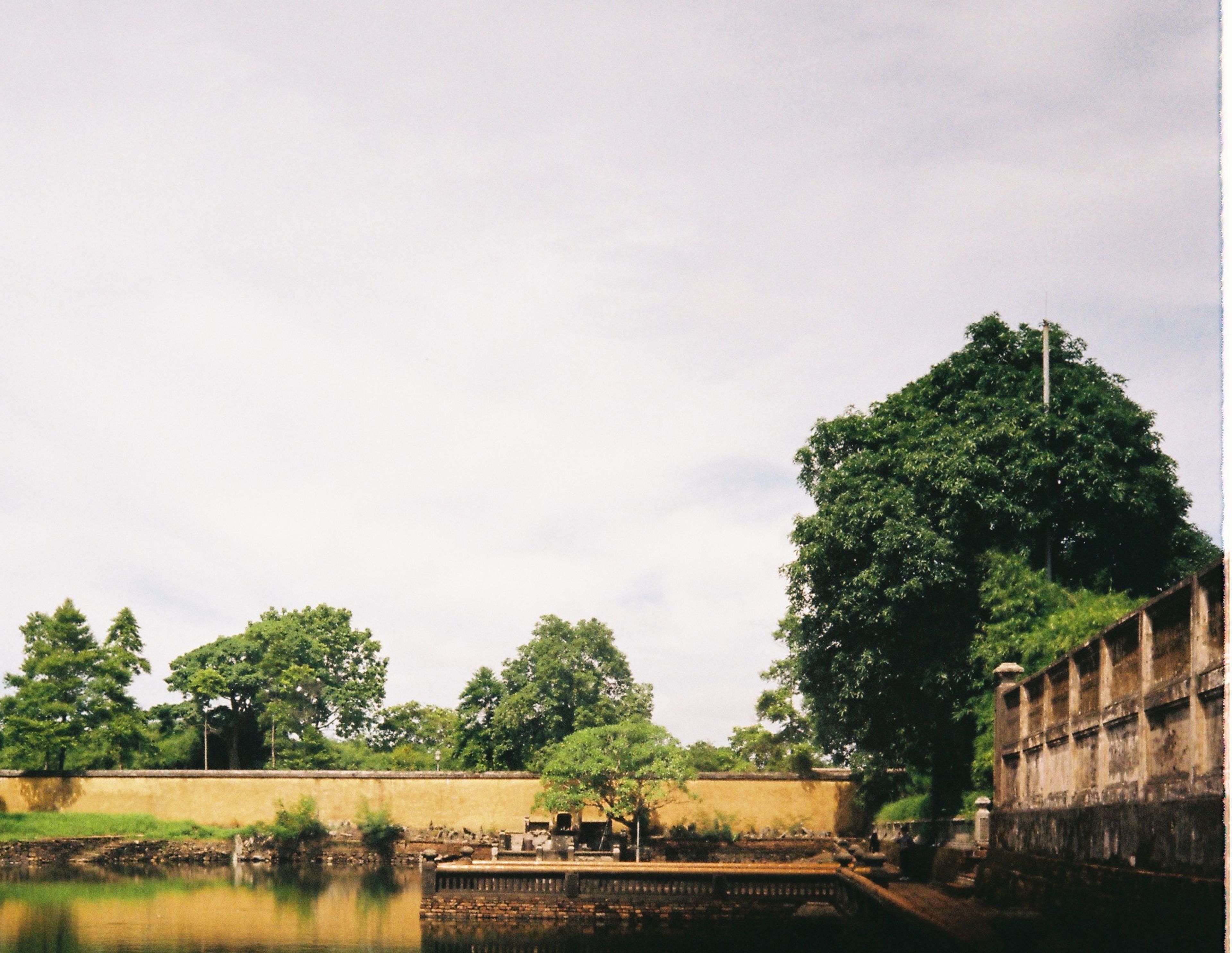
In taking the trip to Huế and venturing into the Imperial City, I started to realize the importance of cultivating silence in daily life. Making space and time for silence allows you to retreat to your inner citadel to see which judgements you are holding on to, which judgements are ruling over you, which judgements you need to expel. After all, it is not the judgement from others that will demolish your fortress from the outside in. It is your judgement of others, including those of yourself, that will cultivate the most damage from the inside-out.This is the lesson that comes from visiting Huế: you rediscover the beautiful fortress inside of you. The imperial city within.


